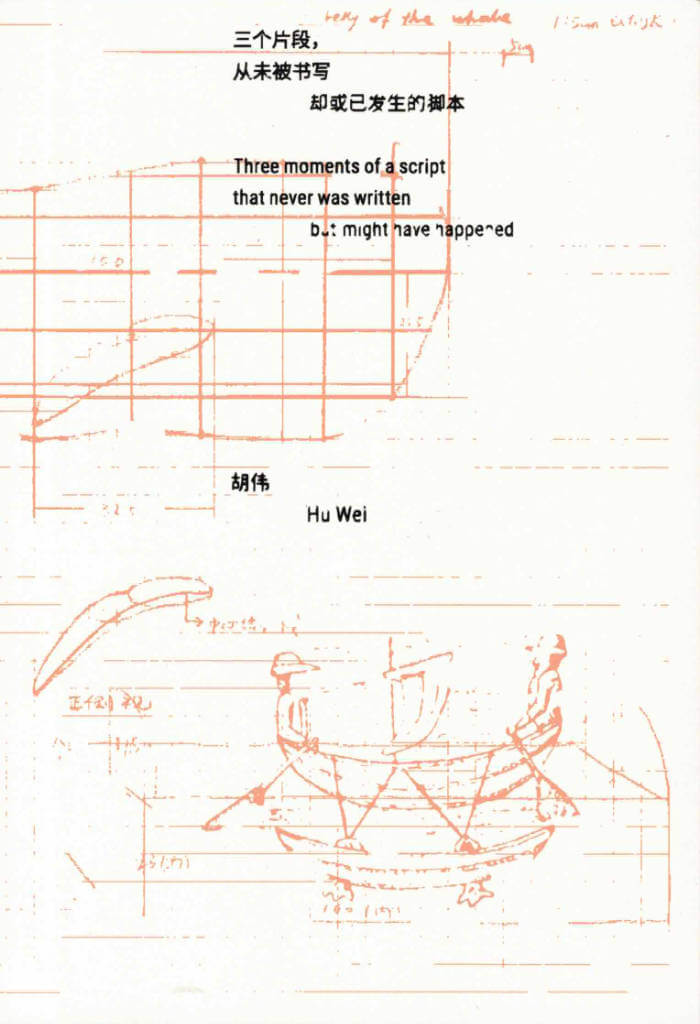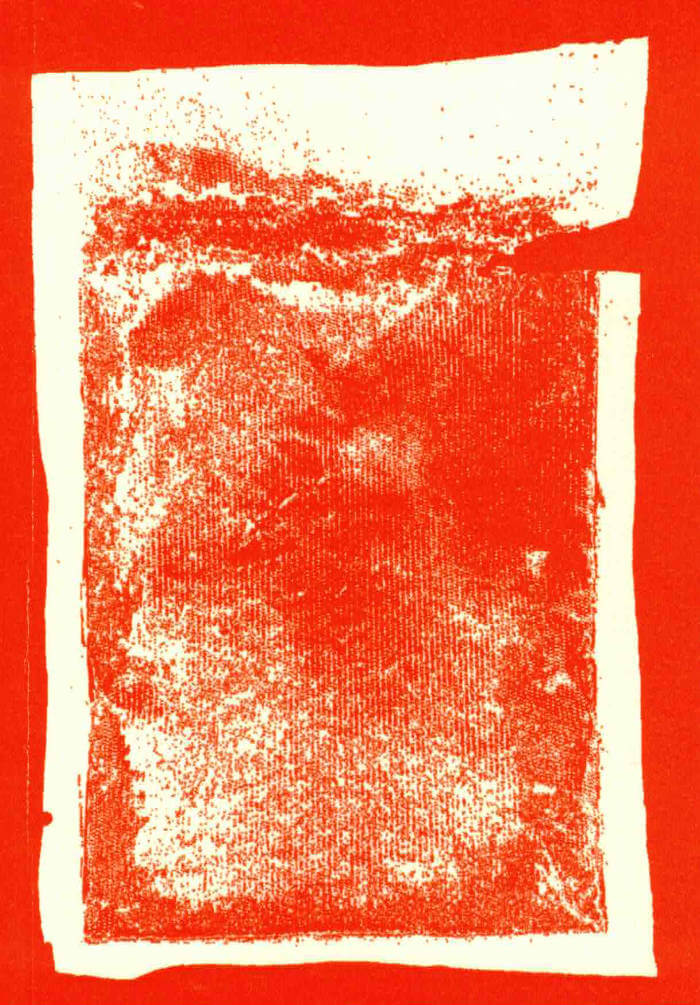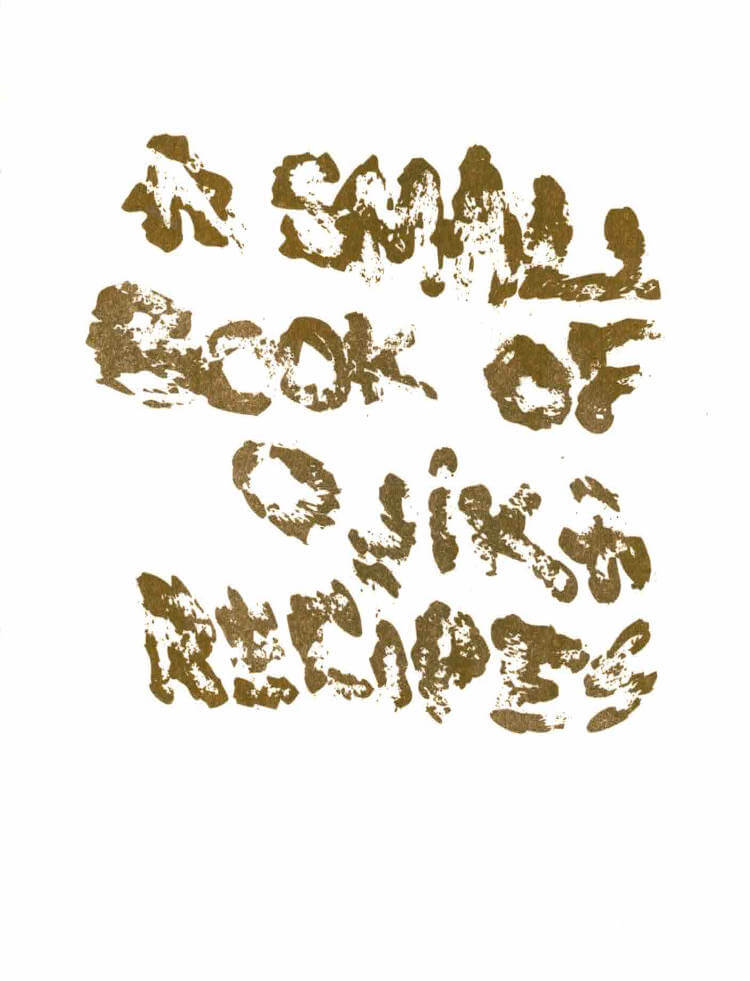
N°1 The Lost Society
There cannot be more possibilities and layers of complexity embodied in food throughout human development. On one hand, it constructed a system that assembles taste, cultural memory and historical movements; on the other hand, the correlation between food and geography provides a hidden motivation to examine human behaviours and social transformation.
This inaugural issue of te magazine adopts Ye Wuji's "The Lost Society" as the central theme. The term "lost" means ephemeral silence and enfeeblement rather than disappearance and extinction. This means that many cultures only dissipated temporarily, and some are metamorphised. Food happens to witness this transition, and the word "society" refers to a collective destiny. In this issue, we invited 13 creative practitioners of different disciplines — to bring in and reflect upon their respective expertise, knowledge system and research trajectories from and in anthropology, sociology, and contemporary art — to explore food as a multi-faceted intricacy, at the same time reconstruct the relationship between food and geography.
Language: English



